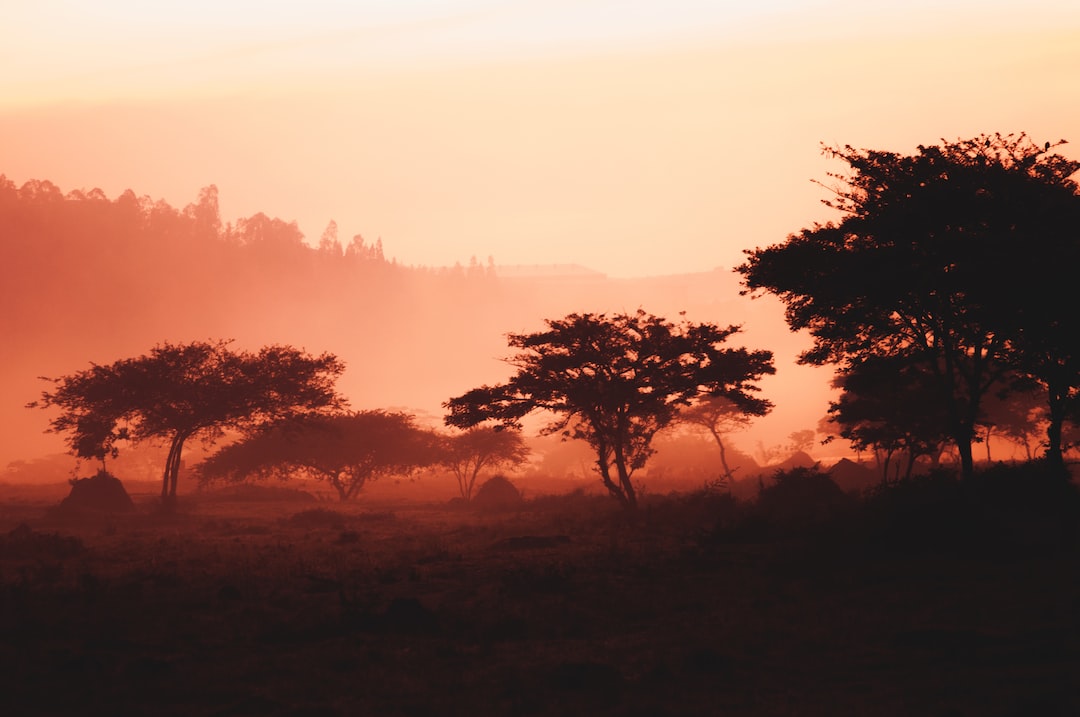Weddings are a time of celebration, but did you know that each culture has its own unique wedding traditions? Rwandan weddings are no exception. From traditional attire to ceremonial rituals and food and drink customs, there is much to learn about the fascinating rwandan wedding traditions. If you’re curious about how this beautiful African country celebrates marriage, read on for an overview of some common Rwandan wedding practices. Get ready to explore the music, dance moves and cuisine associated with these memorable celebrations – all part of what makes Rwandan weddings so special.
Rwandan Wedding Traditions
Traditional Rwandan Wedding Attire
When it comes to traditional Rwandan wedding attire, there are certain colors, fabrics, and styles that are typically worn. The bride’s outfit is usually a bright-colored dress made of silk or other luxurious fabric. Common colors for bridal dresses include red, yellow, green, blue and purple. The groom will typically wear a white shirt with trousers in the same color as the bride’s dress.
For family members and guests attending the wedding ceremony, traditional clothing includes colorful kangas (long pieces of cloth) for women and kanzu (a long tunic) for men. Women may also choose to wear brightly colored skirts or pantsuits along with headscarves or turbans in matching colors. Men often accessorize their outfits with hats or sashes in coordinating hues.
The fabrics used for these garments vary from region to region but tend to be light materials such as cotton muslin or linen that can easily be draped around the body without being too heavy or cumbersome during hot weather conditions common in Rwanda throughout much of the year. Additionally, many people choose to decorate their clothing with intricate embroidery designs featuring motifs like flowers and animals native to Rwanda which add an extra touch of elegance and sophistication to any ensemble.
Traditional Rwandan Wedding Ceremony
Pre-Wedding Rituals:
In Rwanda, the traditional pre-wedding rituals are a significant part of the wedding process. These include things like the bride and groom’s families meeting to discuss marriage arrangements, as well as various ceremonies that take place before the actual wedding day. For example, there is a ceremony called “Kubohoza” which involves both families coming together to exchange gifts and blessings for the couple. This is usually followed by another ceremony known as “Gusaba”, where family members offer advice and guidance to help prepare them for married life.
The Ceremony Itself:
On the day of the wedding itself, Rwandan weddings follow many traditional customs. The bride will be dressed in an elaborate outfit consisting of a long dress with intricate beadwork and jewelry made from cowrie shells or beads. The groom will also wear special attire such as a suit or kilt along with his own set of jewelry including rings and necklaces made from animal skins or shells. After being presented with their outfits, they will then proceed into separate rooms where they can get ready for their big day ahead. During this time, guests gather outside singing songs about love while awaiting their arrival at the venue.
Once everyone has arrived at the venue, there is usually an opening prayer given by either one of parents or elders present before proceeding onto other parts of ceremony such as exchanging vows between couples and signing documents confirming their union legally binding them together forever. Finally after all these steps have been completed it’s time for celebration. Guests enjoy food served on banana leaves while drinking traditional drinks like sorghum beer known locally “urwarwa” alongside music playing throughout entire event making sure no one ever gets bored during festivities.
Traditional Rwandan Wedding Food and Drinks
Traditional Rwandan wedding food and drinks are a unique part of the culture. At weddings, traditional dishes such as isombe (cassava leaves stew) and ibihaza (a type of porridge made from sorghum flour) are served. These dishes are often accompanied by matoke (mashed plantains), which is considered to be an important dish in Rwandan cuisine. Drinks served at weddings typically include banana beer, homemade wines, and fruit juices.
Traditional Dishes Served at Weddings:
Isombe is a popular dish served during Rwandan weddings that consists of cassava leaves cooked with onions, garlic, tomatoes, eggplant, peanuts or sesame seeds and palm oil. Ibihaza is another traditional dish made from sorghum flour boiled with water until it forms a thick paste-like consistency. Matoke is mashed plantains that can be eaten alone or mixed with other ingredients like beans or vegetables for added flavor.
Traditional Drinks Served at Weddings:
Banana beer is one of the most popular drinks served during Rwandan weddings; it’s brewed using bananas as the main ingredient along with maize meal and yeast for fermentation purposes. Homemade wines such as those made from grapes or honey are also common beverages found on wedding tables in Rwanda; these wines have been produced for centuries in the country due to its rich soil conditions ideal for grape cultivation. Fruit juices like passionfruit juice or orange juice may also be available depending on what’s seasonally available locally around the time of your wedding celebration.
Traditional Rwandan Wedding Music and Dance
Traditional Rwandan wedding music and dance is an important part of the celebration. Music is played during the ceremony to set a joyful tone, while dances are performed at the reception for guests to enjoy.
Traditional Music Played During the Ceremony:
Traditional Rwandan wedding ceremonies typically feature traditional instruments such as drums, flutes, and stringed instruments like lutes or harps. These instruments provide a lively backdrop to the proceedings and create an atmosphere of joy and celebration. The most popular type of music played during weddings in Rwanda is called Ingoma, which features call-and-response singing between two groups of singers accompanied by drumming on various percussion instruments. Other types of traditional music that may be heard include Imigongo (a style featuring vocal harmonies) and Isimbi (a type composed for special occasions).
Traditional Dances Performed During the Reception:
After the ceremony has concluded, it’s time for everyone to let loose. Guests will often perform traditional dances such as Intore (an energetic warrior dance), Inyambo (a graceful courtship dance), Umuduri (which involves spinning around with partners) or Icyemezo (which involves couples hopping up onto their feet from a seated position). All these dances involve intricate footwork combined with clapping hands or stamping feet in rhythm with each other – they’re sure to get everyone into a festive mood.
No matter what kind of dancing takes place at your Rwandan wedding reception, you can be sure that it will be full of life and joy. This could include anything from line dancing to freeform movement – it all depends on what kind of energy people bring into the room. Informal dancing is also a popular option, where guests can just have fun moving together in whatever way feels natural.
Conclusion
Rwandan wedding traditions are steeped in culture and history, offering a unique experience for couples looking to tie the knot. From traditional attire to ceremonial rituals, food and drinks, music and dance – Rwandan weddings offer something special that can’t be found anywhere else. Whether you’re planning your own Rwandan wedding or just want to learn more about this fascinating culture, these rwandan wedding traditions will help make your celebration unforgettable.




